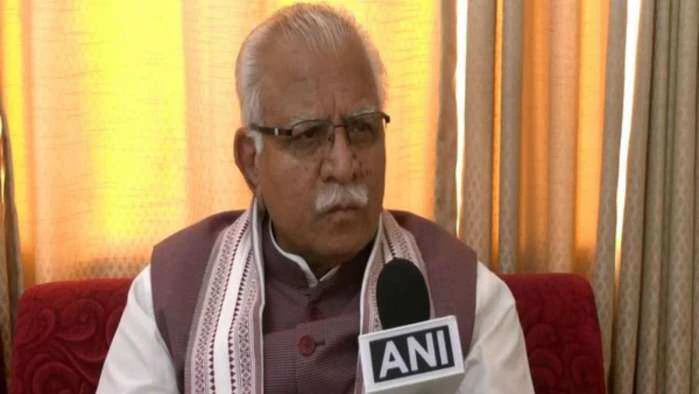India is set to meet its ambitious target of generating 50 per cent of its total power capacity-472 gigawatts (GW)-from renewable sources by the end of 2025, Union Power Minister Manohar Lal Khattar announced on Wednesday.
Speaking at the ‘India Energy Storage Week (IESW) 2025’ in the capital, Khattar said the country has made remarkable progress in the renewable energy sector. “We have reached nearly 50 per cent of our total installed generation capacity of 472 GW. By year-end, we expect to cross this critical renewable energy milestone,” he stated.
However, the minister underlined that while generation capacity is expanding, the need for robust energy storage systems is equally urgent. “To stabilise the grid, optimise power supply, and ensure round-the-clock clean energy, enhancing energy storage is vital,” he said.
Citing estimates by the International Atomic Energy Agency (IAEA), Khattar noted that global energy storage needs to increase six-fold by 2030. “Our targets are ambitious, but we are making headway. Over the past 3-4 years, the cost of energy storage has dropped significantly-from Rs 10 lakh per megawatt to just Rs 2.5 lakh per megawatt per month,” he said.
He also highlighted India’s push towards green hydrogen as part of its drive for energy independence. Backed by a Rs 19,744 crore National Green Hydrogen Mission, India aims to produce 10 million metric tonnes of green hydrogen and set up electrolyser capacity between 60 GW and 100 GW.
Supporting the minister’s remarks, Ghanshyam Prasad, Chairperson of the Central Electricity Authority (CEA), pointed to the growing pipeline of energy storage projects. “Currently, we have around 3,300 MW in development, translating to about 8,500 megawatt-hours (MWh) of storage over the next two years,” he said.
He further added, “An additional 12,500 MW-approximately 42,000 MWh-is under tender. However, our present Battery Energy Storage System (BESS) capacity is only 205 MW or around 506 MWh, which is quite limited. Starting from 2026-27, we need a consistent ramp-up to reach nearly 74 GW of storage by 2031-32.”
As India continues to scale up both renewable generation and storage capabilities, stakeholders at IESW 2025 reaffirmed the country’s long-term vision to transition into a clean, self-reliant energy powerhouse.
